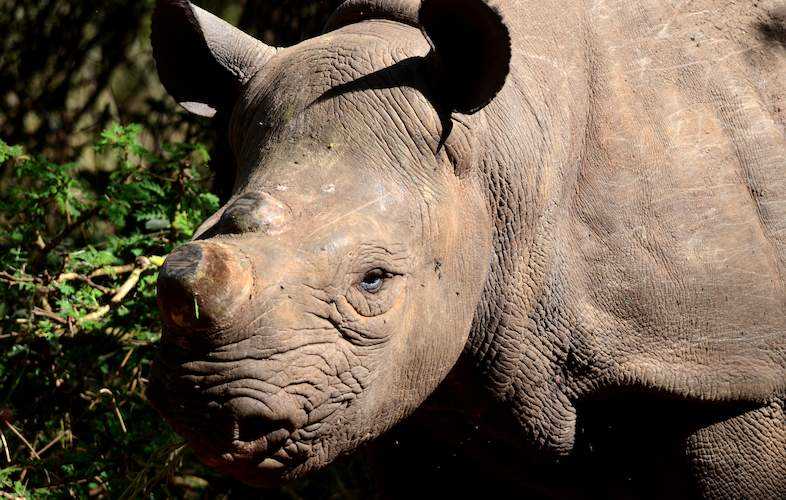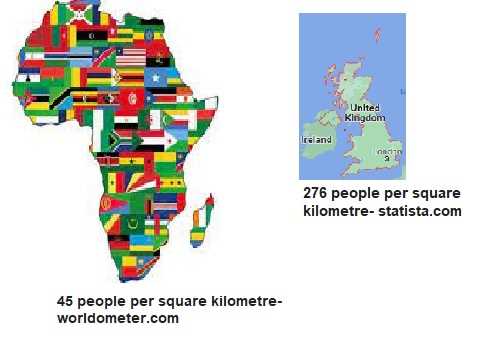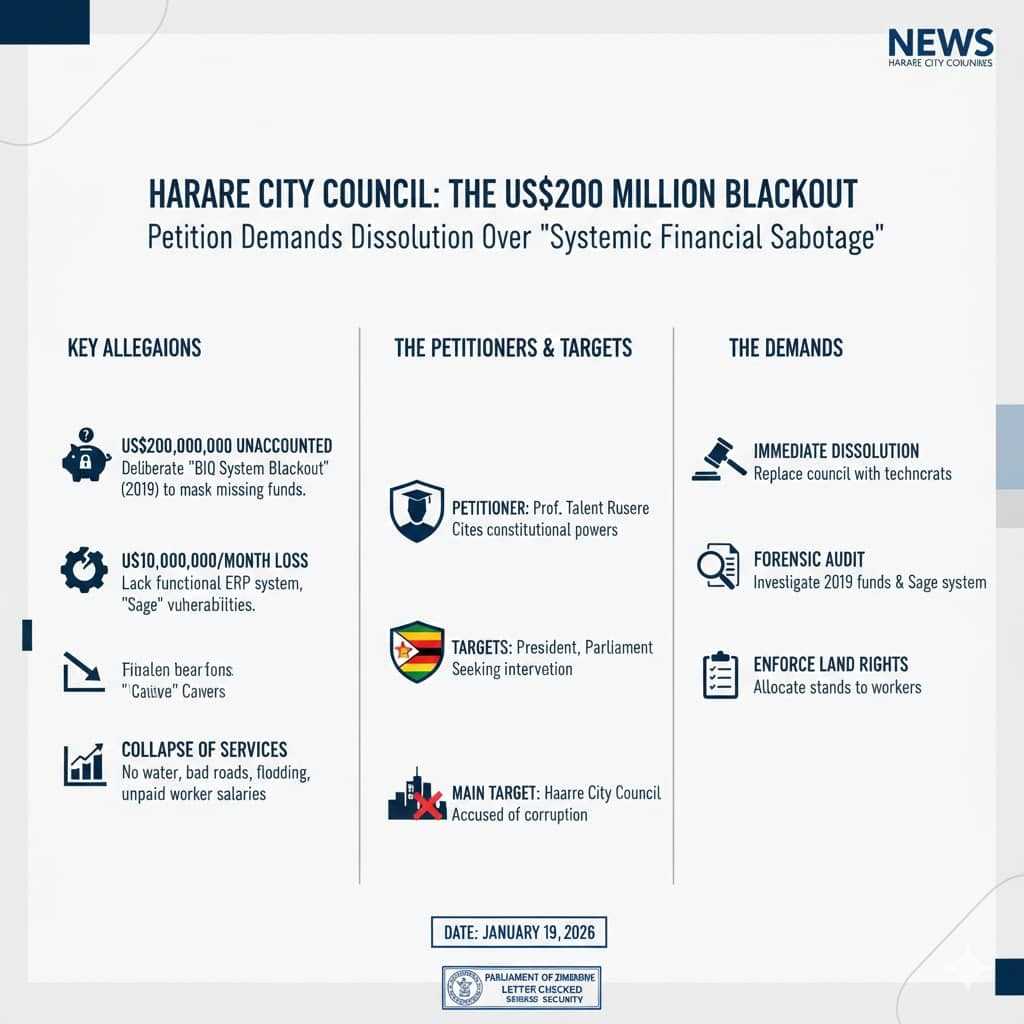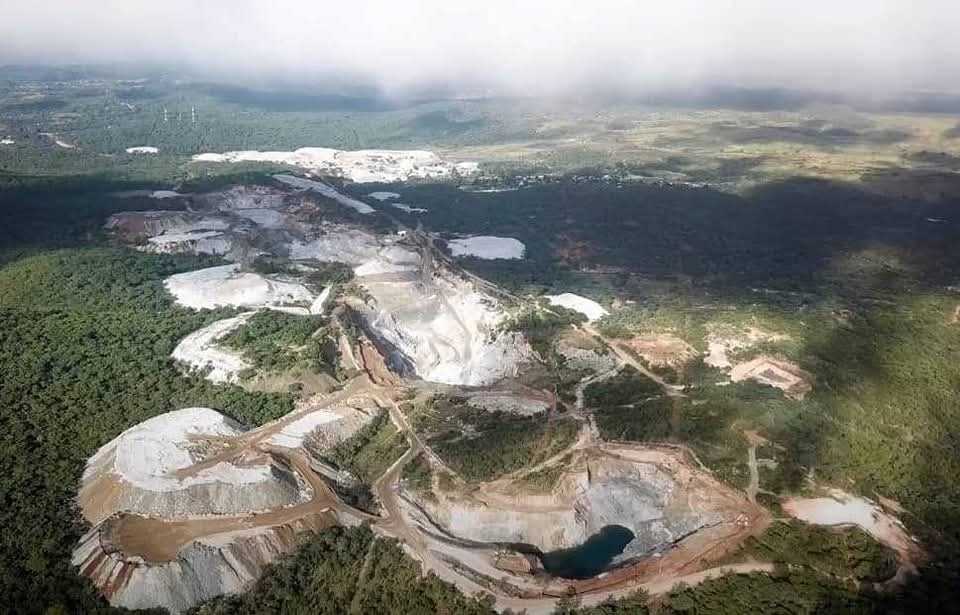
Zimbabwe is adding to the stockpile of rhino horns that it can’t sell due to repressive international laws as it dehorns more than 1000 rhinos.
“The reason is to make them less attractive to poachers,” said Parks Zim Parks spokesperson Tinashe Farawo.
Rhinos are easy prey for poachers who are attracted by international black market prices of US$20,000 per kg for African rhino horns.
The horns typically grow back in a year which means the country keeps on accumulating more.
Zimbabwe which has the world’s fourth-largest population of the animals, has been lobbying the United Nations Convention on International Trade in Endangered Species of Wild Fauna and Flora for permission to legally sell more than 136 tonnes of ivory and rhino horns worth over US$600 million.
Some radical minds have called for Zimbabwe to pull out of CITES but this is not a solution:
Related Stories
“Zimbabwe walking out will just stand out there. Our primary markets are China and Japan, they will remain in CITES and will not be able to purchase as they are bound by CITES. So, when you analyse the benefits of being there and being outside, it is much better to go in there, influence decisions so that the market is opened for those countries that have demonstrated they have conserved their wildlife so well, are able to maintain it and have been able to contain poaching,” Minister of Environment, Climate Change, Tourism and Hospitality Industry, Mangaliso Ndlovu recently told Senate.
The global story of Africa’s resources is mostly told from the perspective of foreigners who push their own ideal with no regard of the situation on the ground.
A key example is UK’s Prince William who in 2021 repeated his 2017 utterances that have eerie genocide triggering connotations. He said that African population growth is a threat to wildlife. There is no doubt that the super privileged white male who now has three children wants African humans kept in check so the continent can be a zoo for people like him.

Kenya had to burn stockpiles of ivory in 2016, losing out millions that could have benefited the people.
Funds from legal wildlife trade has been used to protect game reserves and develop local areas through programmes like The Community Areas Management Programme for Indigenous Resources Association. CAMPFIRE provides technical support and mobilizes funding for local projects that reduce human-wildlife conflict.
A Kenyan born South African based professor is trying to convince governments and private operators to experiment with injecting live rhino’s horns with radioactive materials to discourage poaching.
This would mean that there is no benefit beyond tourism for African nations with rhino populations. It is to be noted that most private game reserves on the continent are owned by Africans of white descent.




















Leave Comments